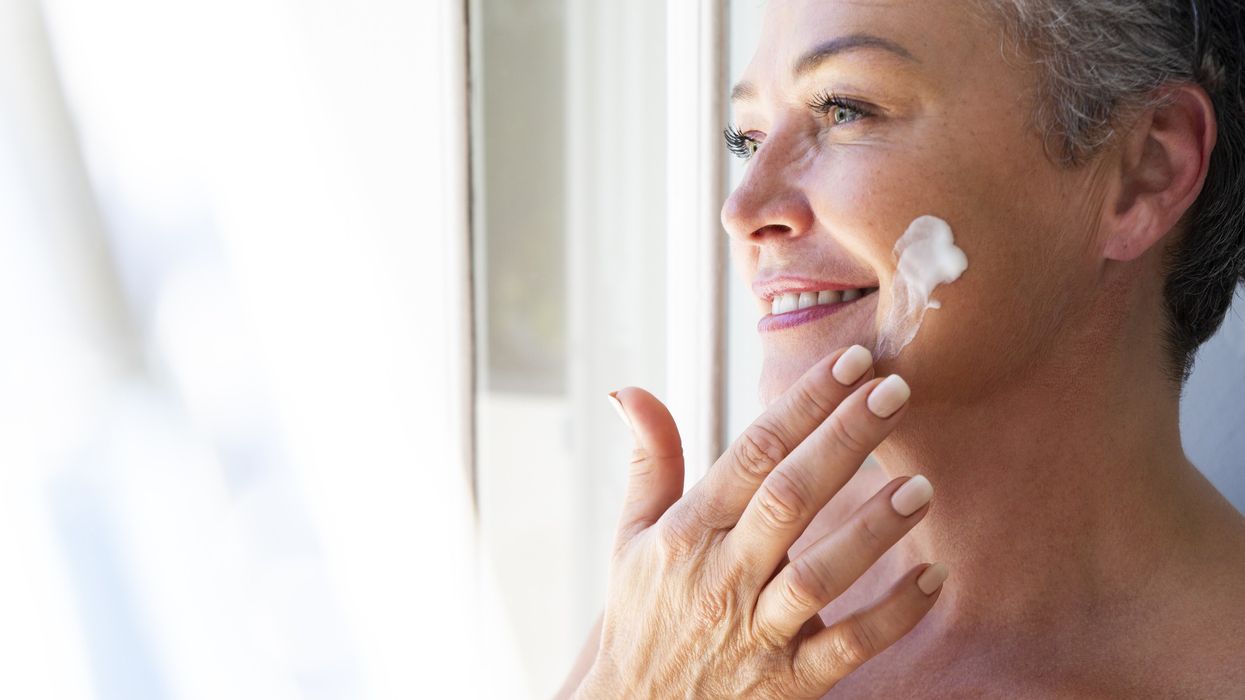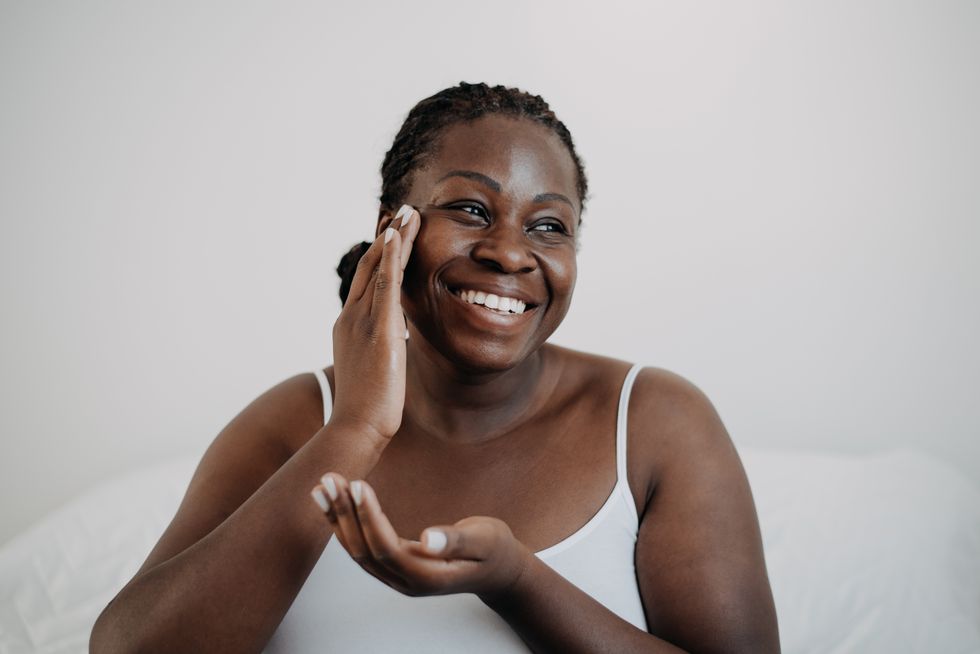A doctor shares four things that can disrupt how your skin ages - 'accelerates wrinkles, fine lines and loss of skin elasticity'

A doctor discussed how hormones impact the skin
| GETTY
Hormones can affect how your skin ages
Don't Miss
Most Read
A study from Stanford University revealed that humans experience rapid ageing spikes around the ages of 44 and 60 due to molecular changes.
The research, published in the journal Nature Ageing, examined 108 participants aged 25 to 75. One reason behind sudden bursts of ageing is hormonal changes, and a doctor spoke to GB News about how this can affect your skin.
"We're not just changing gradually over time; there are some really dramatic changes," said professor of genetics and the study's senior author Michael Snyder.
The findings challenge the common perception of ageing as a steady decline, instead suggesting a more dynamic process with significant shifts at specific ages.

Dry skin can appear older
| GETTYTo address age-related skin concerns, a dermatology speciality doctor at Quality Health Care Ltd Dr Rayhaneh Zahedi spoke to GB News. She offered insights into how hormonal changes impact skin health and provided tips for maintaining a youthful appearance.
Dr Zahedi commented: "Sebum AKA oil production is a key element in how our skin looks and feels, and is controlled by hormones.
"At the most basic level, if we produce too much testosterone, it’s likely to lead to blemishes. High doses of oestrogen can supress oil production, but then we experience dryness and wrinkles start to appear.
"Our sebaceous glands have receptors on them. If there’s more testosterone travelling through the body in our blood, then these receptors notice and start to produce more oil.
"Conversely, very high doses of oestrogen will suppress oil production – also a problem. Oestrogen is key in the production of collagen too – which helps to keep skin smooth, resilient and plump.
"Ideally, these two hormones, alongside a multitude of others, including progesterone, need to be in balance for our skin to stay balanced, healthy, smooth and blemish-free.”
On the flip side, hormonal changes can cause the skin to become drier. Dry skin can appear more aged as wrinkles can become more visible.
The doctor said: "Disruption to all hormones, particularly oestrogen during the perimenopause and menopause, can affect sebum levels in the skin and lead to dryness.
"Oestrogen helps to support collagen production, meaning as it naturally starts to wane, the ageing process is accelerated with more wrinkles, fine lines and loss of skin elasticity.
"To help combat dryness and signs of ageing, try products like AlumierMD's Ultimate Boost Serum, which include low molecular weight hyaluronic acid to hydrate and plump, while ceramides and niacinamide can actively moisturise for deep comfort."
The doctor said how synthetic hormones, like the pill or HRT, workout trends, stress and cortisol, and nutrition can all impact our hormones.
LATEST DEVELOPMENTS

Weight training can impact your skin
| GETTYSpeaking of workout trends, Dr Zahedi said: " Weight training is beneficial for building muscle, which is good for our bodies, but it will also slightly increase testosterone levels. The increase in testosterone after weightlifting is only temporary, lasting minutes to one hour.
"However, if you notice any skin changes linked with weight training, it may be worth speaking to a skin care professional."
Cortisol can come from being stressed and can lead to problems in the skin, including collagen production. Collagen affects elasticity which creates a more youthful appearance.
The expert continued: "Cortisol is another hormone that increases oil production in the skin. We release more cortisol if we’re stressed and that can lead – in the same way as testosterone – to more blemishes. Cortisol is a catabolic hormone which means it breaks down tissues.
"If we have too much, it suppresses collagen production and starts breaking down our existing collagen as well as causing breakouts."










